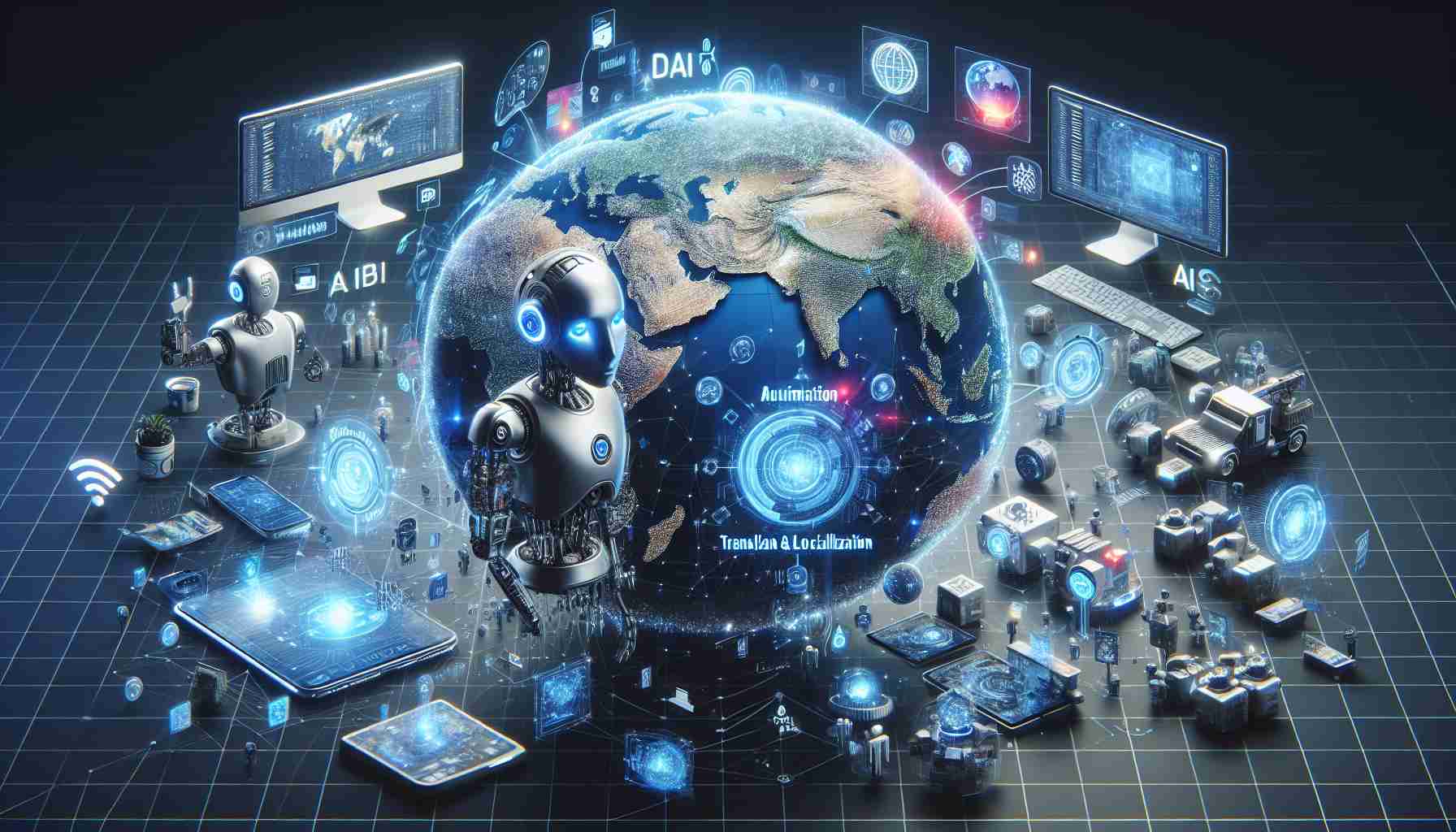AI translation and localization have become pivotal in global marketing strategies, according to a recent survey conducted by DeepL, a leading AI language company. The survey delves into the impact of AI translation tools on global businesses and sheds light on key insights for expansion into new markets.
Translation is the process of converting text from one language to another while preserving the original meaning, whereas localization involves adapting the translated text to cater to the specific needs and cultural nuances of a target market. With the emergence of AI translation tools, DeepL aimed to gain a deeper understanding of how marketing teams are incorporating AI language tools into their strategies.
Conducted in collaboration with Regina Corso Consulting, the comprehensive survey explored the influence of translation and localization on business success, the utilization of machine translators and AI writing tools, and the challenges faced by marketers in implementing this technology. The results revealed a strong adoption of AI tools among global companies, with a significant positive impact on return on investment (ROI).
Notably, an impressive 96% of respondents reported a positive ROI from their localization efforts, demonstrating the effectiveness of AI translation and localization in reaching new markets. Additionally, 65% of participants reported a ROI of 3x or more when localizing content, indicating the substantial benefits of tailoring marketing materials to suit specific regions and cultures.
The survey also highlighted the prevalence of AI-powered writing tools, with 77% of respondents incorporating such technology into their marketing strategies. Among these, 98% made use of machine translation specifically. Although AI tools play a crucial role, the survey emphasized the importance of human oversight, with 99% of respondents supplementing AI translation with human review. This underlines the need to strike a balance between machine automation and human expertise.
In conclusion, the survey by DeepL underscores the strategic significance of AI translation and localization in global marketing efforts. As businesses continue to expand their customer base in diverse locales, leveraging AI tools alongside human insight is essential for achieving optimal results. By embracing the power of AI translation and localization, businesses can effectively communicate their messages to international audiences while respecting cultural nuances and securing a positive ROI.
FAQ:
Q: What is the difference between translation and localization?
A: Translation is the process of converting text from one language to another while preserving the original meaning. Localization involves adapting the translated text to cater to the specific needs and cultural nuances of a target market.
Q: How are marketing teams incorporating AI language tools into their strategies?
A: Marketing teams are incorporating AI language tools, such as AI translation and AI-powered writing tools, into their strategies to improve communication with international audiences and tailor marketing materials to specific regions and cultures.
Q: What were the results of the survey on the impact of AI translation tools?
A: The survey revealed a strong adoption of AI tools among global companies, with 96% of respondents reporting a positive return on investment (ROI) from their localization efforts. Additionally, 65% of participants reported a ROI of 3x or more when localizing content.
Q: How prevalent are AI-powered writing tools among marketing strategies?
A: According to the survey, 77% of respondents incorporated AI-powered writing tools into their marketing strategies. Of those, 98% made use of machine translation specifically.
Q: Is human oversight important when using AI translation?
A: Yes, the survey emphasized the importance of human oversight. 99% of respondents supplemented AI translation with human review, highlighting the need for a balance between machine automation and human expertise.
Definitions:
– AI translation: The use of artificial intelligence technology to translate text from one language to another.
– Localization: The process of adapting translated text to cater to the specific needs and cultural nuances of a target market.
– ROI: Return on Investment. It is a measure of the profitability of an investment, typically expressed as a percentage.
– Machine translation: The use of computers or software to automatically translate text from one language to another.
Suggested related link:
DeepL – The website of DeepL, the leading AI language company mentioned in the article. This link provides more information about their AI translation tools and services.
The source of the article is from the blog kewauneecomet.com

